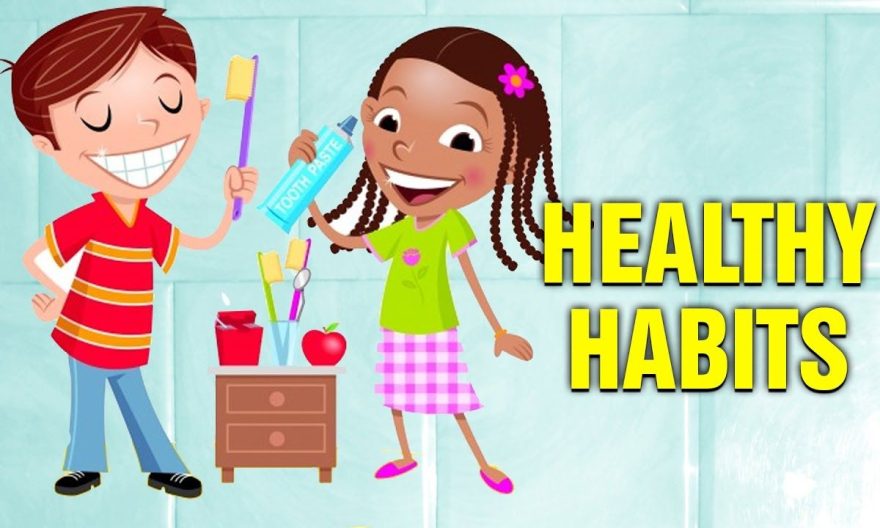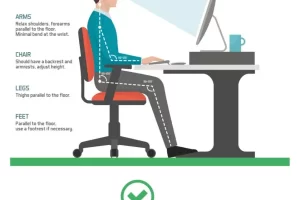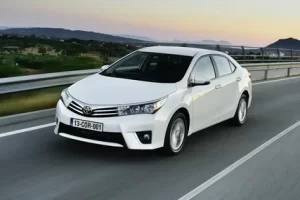
As responsible parents and conscious citizens, we must teach our kids the importance of living sustainably and protecting the environment. Fortunately, teaching eco-friendly habits to your kids is not as challenging as you feel. By instilling eco-friendly habits in your kids from a young age, you can help develop a sense of environmental responsibility in them, which will benefit the planet and everyone living on it. To make it easier, we have listed below ten smart and highly impactful habits you must consider teaching your children.
- Avoid Buying Plastic Bottles
Plastic is a material that is hard to decompose. It can take years to break down a small portion of plastic. If your kids use too many plastic bottles, ask them to look for a bottle made using sturdy metal. Such bottles will last longer and significantly reduce the massive piles of plastic that usually makes their way to landfills.
2. Replace Chemical Cleaners with Natural Ones
Whether you’re using a regular dishwashing liquid or toilet cleaner, the toxic chemicals in it gradually reach the environment, leading to negative impacts. The best way to significantly reduce environmental pollution is by adopting wide-scale usage of herbal natural products. Teach your kids to always pick herbal cleaners over chemical ones.
3. Recycle as Much as Possible
If people worldwide start recycling half the garbage they produce, we can significantly lower the amount of CO2 and other pollutants in our atmosphere. You can ask your kids to volunteer in recycling groups and learn the different ways old products can be recycled.
4. Plant Trees
Whether you have a garden in your home or live nearby a park or forest, planting trees is the best way to promote a healthy environment. Trees naturally absorb carbon diopside, produce more oxygen, and improve the air quality in the surrounding. Teaching your kids to plant and nurture kids will help you get plenty of clean air.
5. Save Energy
If your kids have a habit of leaving lights, fans, and other electrical equipment open (even when they’re not needed), it’s time to intervene. Teach your kids the importance of saving energy. It will help the planet and also cut your electricity bills by a significant margin. You can also consider replacing all regular lights with LEDs, as they consume less energy.
6. Choose Self Production
The best part about self-producing certain items like jams, preserves, natural soaps, and homemade food is you get to consume healthy and nontoxic items, which are good for your health and planet. More self-production will lead to reduced mass production of different products, eventually lowering the CO2 content in the atmosphere.
7. Use Natural Liquid Detergents
Whether you have a pretty big or small family, you will need liquid detergents to wash clothes. The biggest problem with regular detergents is they contain a high concentration of toxic chemicals, which can harm the environment. Teaching your kids a habit of always picking a natural liquid laundry detergent over their chemical counterparts is an excellent choice.
8. Use Sustainable Mobility Means
If your kids travel a lot, ask them to use sustainable mobility means like a bicycle instead of using a bike or car. This simple habit can help significantly lower air pollution, allowing the atmosphere to heal over a period.
9. Pick Second-Hand Items Over New Ones
Be it a smartphone or a dress, a coffee maker or a cycle- everything has a durable and long life. If you can teach your kids to get second-hand items instead of always buying new products, you can significantly cut your costs and also lower the mass production processes responsible for environmental pollution.
10. Be Mindful of Your Grocery Shopping
People tend to buy more than needed because of the big discounts brands offer. But in many cases, the extra purchase (especially food) gets disposed. It is because food items don’t generally have a high shelf life, and you may not always need them. As a result, most of it lands in the garbage bin and then the landfill. If you can teach your kids to only invest in grocery items they need, they can learn to save money and also protect the environment.
All these habits can take time to develop, so don’t try to teach them together to your kids. Start with one, small good habit at a time, then gradually keep adding more. Over a period, your kids will become more environment-friendly and conscious, helping you make the world a better place to live.




